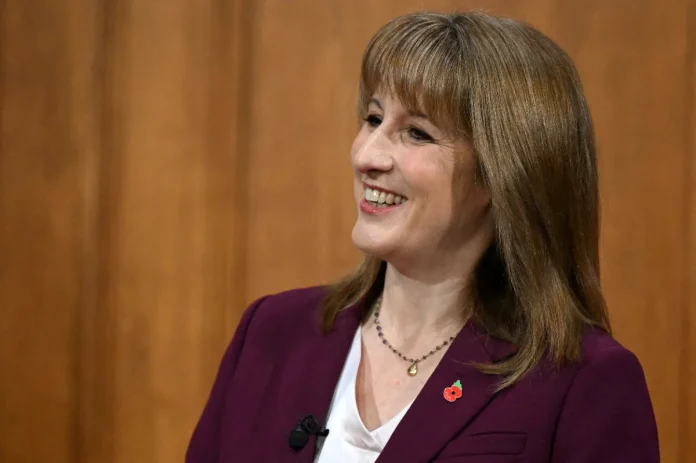LONDON: Britain’s annual inflation rate slowed in October, providing some relief to the government ahead of its budget announcement next week.
The Consumer Prices Index rose by 3.6% over 12 months, down from 3.8% in September, according to the Office for National Statistics.
The slowdown was driven mainly by gas and electricity prices rising less than a year earlier.
This was partially offset by rising food costs.
Finance minister Rachel Reeves welcomed the fall but pledged further action.
“This fall in inflation is good news for households and businesses across the country, but I’m determined to do more to bring prices down,” she said.
“That’s why at the budget next week I will take the fair choices to deliver on the public’s priorities to cut NHS waiting lists, cut national debt and cut the cost of living.”
The annual budget on November 26 is expected to feature tax rises as the Labour government seeks to drive down debt and fund public services.
Analysts said the drop could prompt the Bank of England to cut its main interest rate in December.
The inflation data follows recent figures showing Britain’s economy slowed in the third quarter, when unemployment rose.
The Labour party has struggled to consistently grow the UK economy since returning to power in July 2024 after 14 years of Conservative rule.
Many economists blame weak growth largely on Reeves’ decision to increase a tax on businesses in her first budget last year.







